VIRTUAL AFRICA DISCUSSION: 2023 IFPRI’S GLOBAL FOOD POLICY REPORT: RETHINKING FOOD CRISIS RESPONSES
IFPRI’s 2023 Global Food Policy Report (GFPR) examines how to improve crisis response and build resilience in the face of more frequent and persistent crises affecting global and local food systems, triggered by economic challenges, conflict, extreme weather events, natural disasters, and epidemics. Reducing the impact these crises will require renewed and broader efforts to prevent, mitigate and recover from crisis, and to align humanitarian responses with longer-term development needs.
Kenya Discussion of IFPRI’s 2023 Global Food Policy Report: Rethinking Food Crisis Responses
The International Food Policy Research Institute (IFPRI) is organizing a hybrid launch event for its 2023 Global Food Policy Report in Nairobi, Kenya, in collaboration with University of Nairobi and as part of the CGIAR Initiative on National Policies and Strategies (NPS) seminar series on May 19, 2023.
The 2023 Global Food Policy Report, IFPRI’s flagship report, provides a broad set of evidence-based recommendations for better predicting and preparing for crises, addressing crises when they occur and building equity and resilience of food systems.
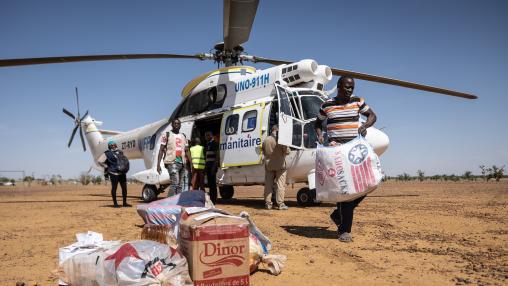
Households in Northern Burkina Faso Facing Risk of Famine
An estimated 360,000 people in northern Burkina Faso are suffering extreme and worsening food insecurity and malnutrition, according to a recent alert from FEWS Net. While the risk of famine (IPC Phase 5) in the region is not a foregone conclusion, FEWS Net has determined that such a risk is possible through September 2023.
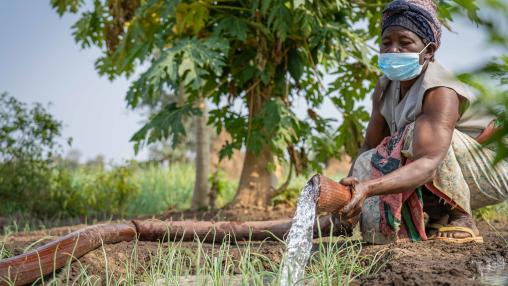
Feeding Africa: how small-scale irrigation can help farmers to change the game
Unlike large-acreage government irrigation schemes, small-scale irrigation is typically farmer led. Farmers decide what technologies to use to extract water, be it manual lifting or solar water pumps. They also choose the mode of irrigation, whether by buckets or drip kits. Farmers purchase, run, and maintain the operation themselves on their own farms or as part of small groups of farmers.
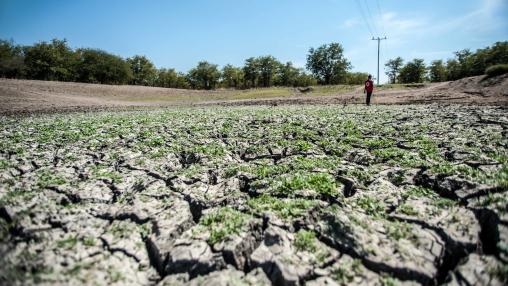
Acute Food Insecurity Rampant in Africa South of the Sahara: GRFC Released
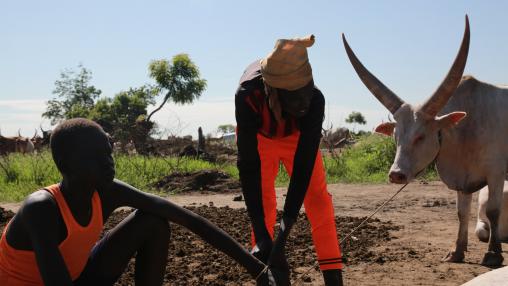
Humanitarian Crisis Continues in Horn of Africa
The eastern Horn of Africa continues to experience acute hunger and food insecurity, according to FEWS Net. The region has faced multiple shocks in recent years, including a historic five-season drought, multiple conflicts, and economic shocks; all of these factors have contributed to drastically lowering agricultural and livestock productivity, reducing livelihoods, and driving poor populations into ever-worsening hunger.
Introducing pro-WEAI complementary indicators for nutrition- sensitive agriculture and market inclusion projects
The Women’s Empowerment in Agriculture Index (WEAI) is the first-ever direct measure of women’s empowerment and inclusion in the agriculture sector. In response to demand from designers and implementors of agricultural development projects, IFPRI developed the project-level Women’s Empowerment in Agriculture Index (pro-WEAI) to track the impacts of these projects on women’s empowerment.
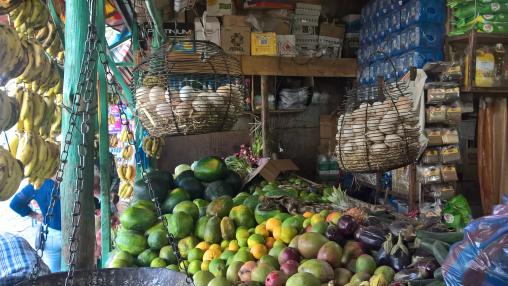
Encouraging Healthy Diets in East Africa: The Role of Food Prices and Consumer Preference
Access to and consumption of healthy diets, including fruits and vegetables, forms a key pillar of food security. Consumption of nutritious foods have been shown to reduce the risks of non-communicable diseases like diabetes and heart disease and to cut rates of early morbidity and mortality. Despite these benefits, however, the world’s population continues to overconsume unhealthy foods, such as those high in sugar, fats, and salt, and underconsume healthier foods.
Private Sector Impacts on Food Security and Nutrition: Examples from Bangladesh & Rwanda
Join USAID’s Private Sector Engagement Secretariat and USAID’s Rwanda and Bangladesh Missions on Thursday, October 27, 2022, at 9:30 a.m. ET to learn about promising practices for engaging the private sector to advance and sustain inclusive, agriculture-led economic growth and a well-nourished population, especially among women and children.
Accelerated Action for Food Systems Resilience: Egypt’s plans for COP27 and the role of CGIAR
Unprecedented extreme weather events linked to climate change are contributing to the current global food and energy price crisis and severely impacting livelihoods and food and nutrition security. In this context, expectations are high for the 27th Conference of the Parties of the U.N. Framework Convention on Climate Change (COP27) taking place under the Presidency of the Arab Republic of Egypt.